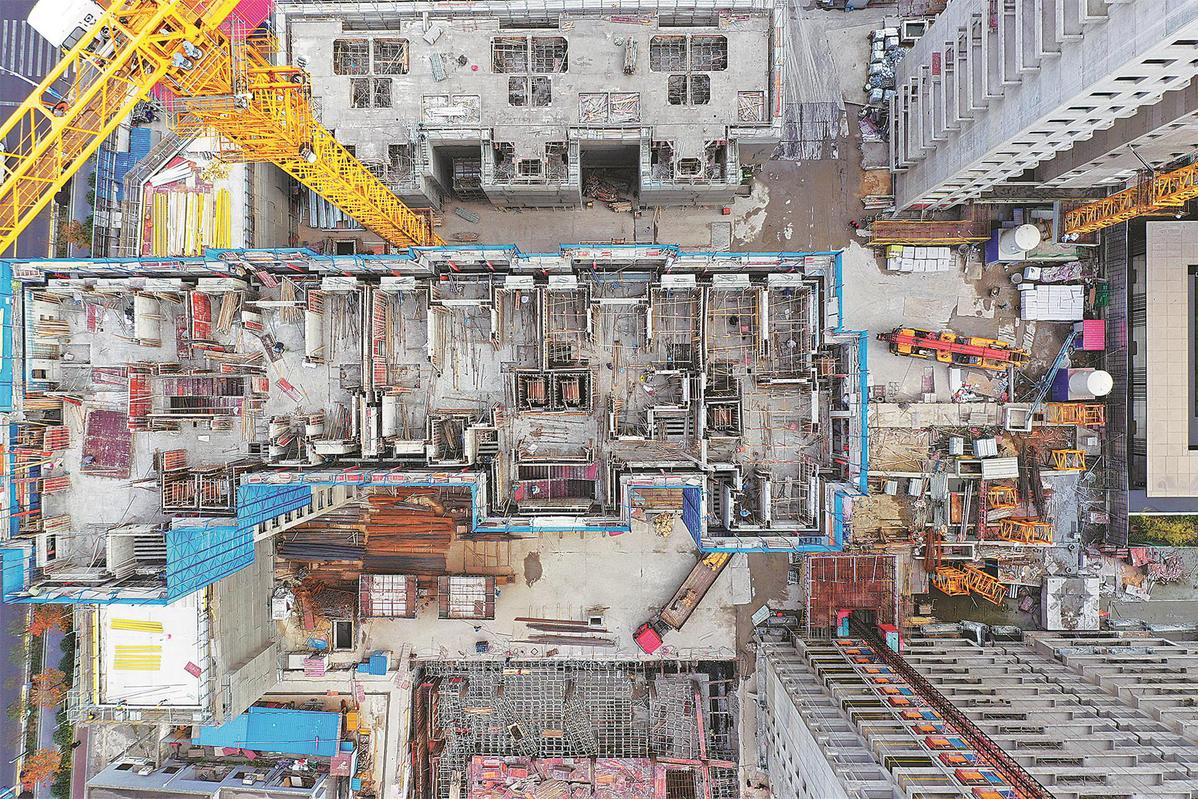Property tax reform plan welcomed


Sheng, from JLL, said that in the short term, the property tax trial may curb new home purchasing demand in the pilot cities by raising the cost of owning real estate, but people with a number of properties would likely sell or lease additional apartments to lower such costs. As a result, with the increased amount of homes on the market, housing prices and rentals would stabilize.
From a long-term perspective, a real estate tax would not be a major cause of property prices fluctuating in a particular city, and the market would return to its correct development track, Sheng said.
The Xinhua report said that with a pilot period of five years for property tax, the NPC Standing Committee would decide whether to extend the authorization for six months before it expires. Legislation would be introduced promptly at the right time.
Sheng said she expects the five-year trial period to be implemented in accordance with local conditions, "so that the property tax can achieve its goal of wealth redistribution without causing home price fluctuations."
An S&P Global (China) Ratings report by analysts Zhang Renyuan and Liu Xiaoliang states: "A property tax combined with efforts to stabilize house prices would, in our view, weigh on second-home investment in the sector. We would expect a greater proportion of property demand in future to be for residential, rather than investment, purposes."
Under this assumption, local populations and regional economic development would be important drivers of real estate sales.




































